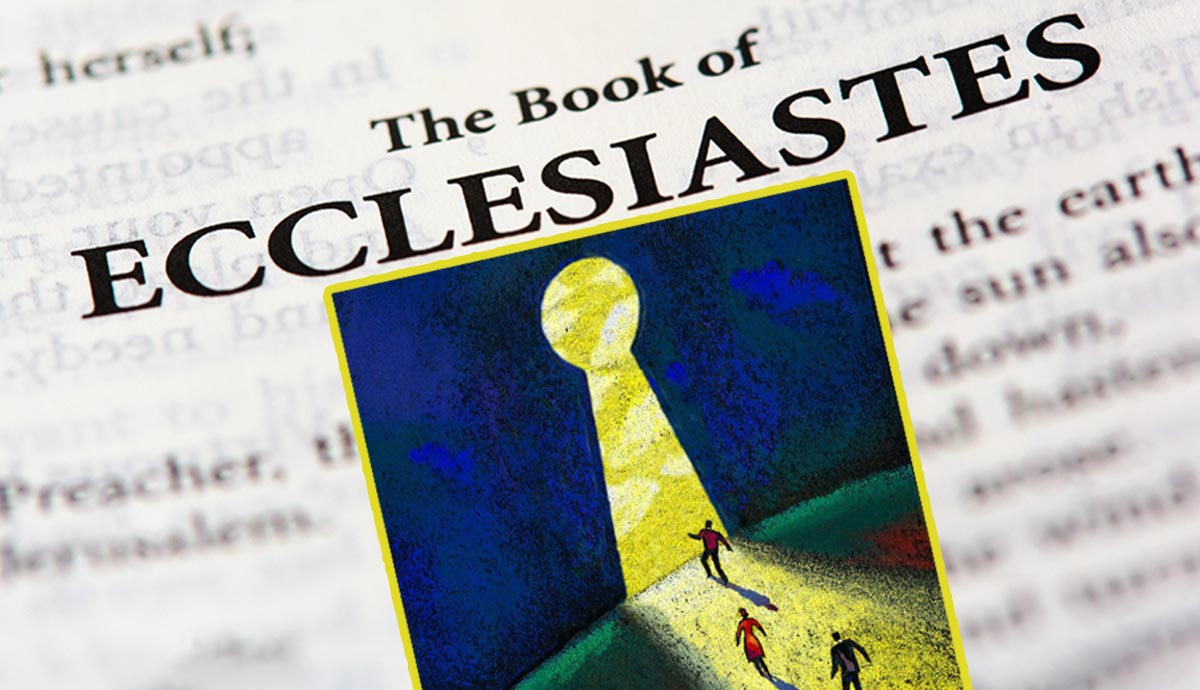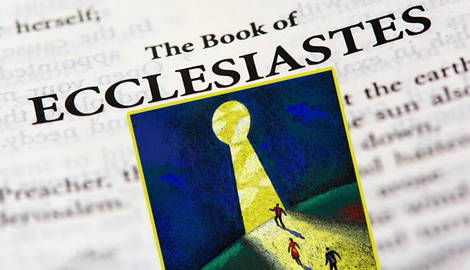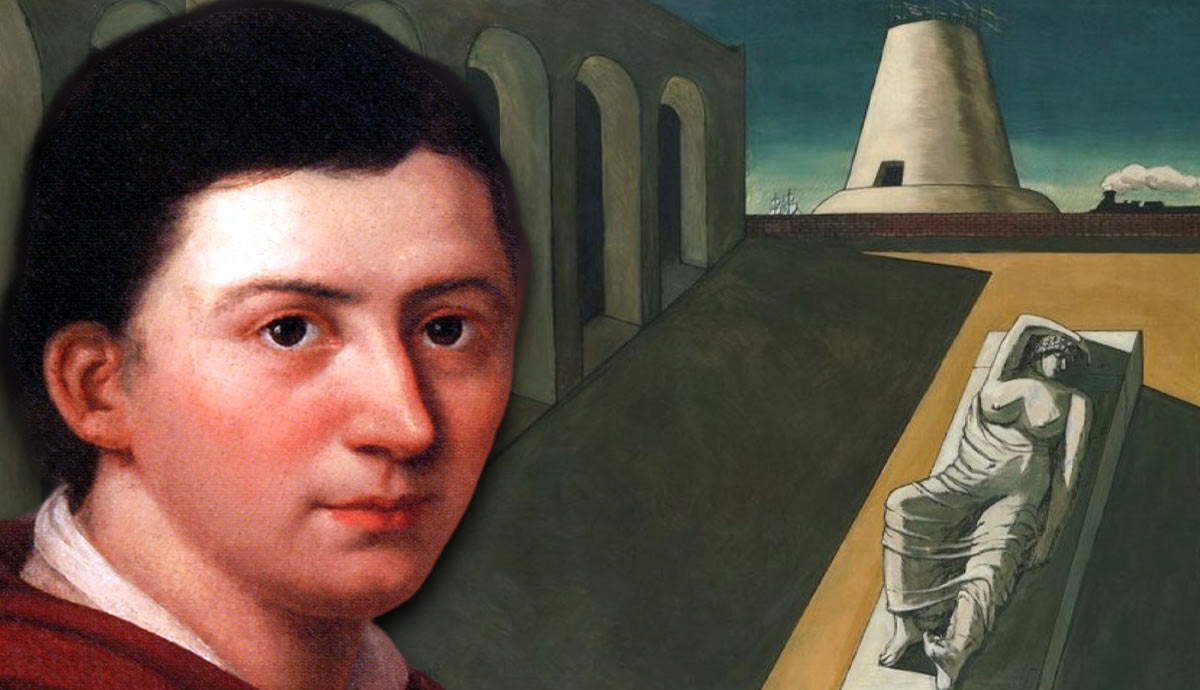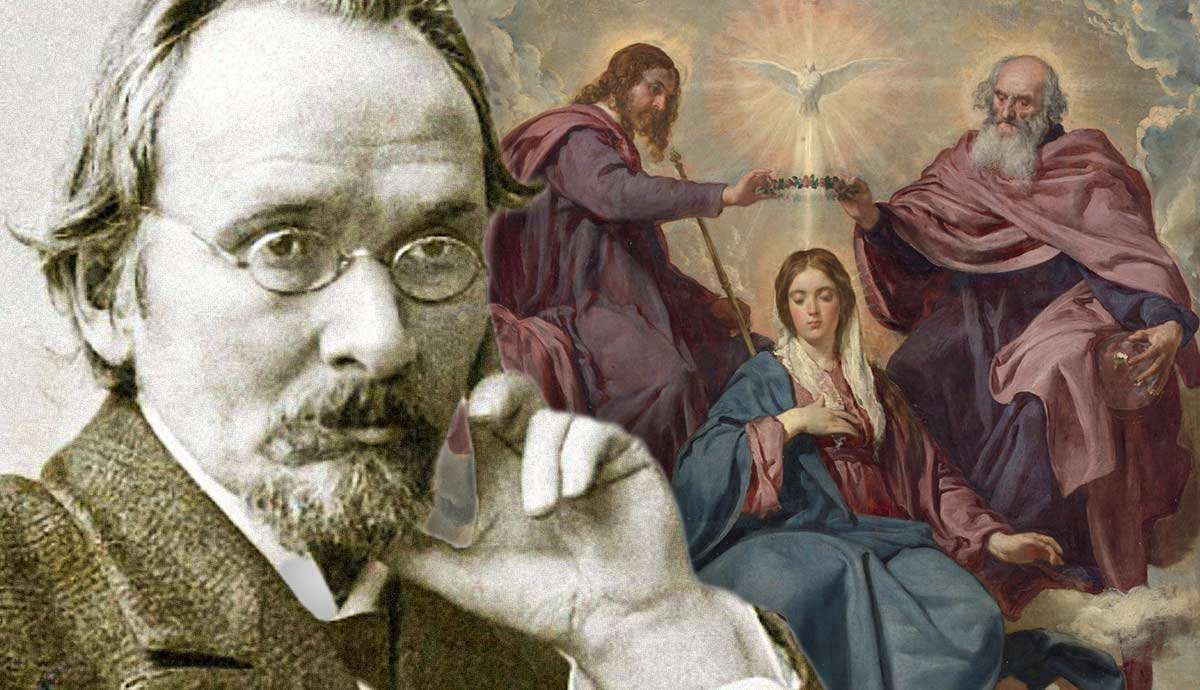
The idea that everything is vanity and that we come from dust and return to it raises a fundamental question about the purpose of life. If we accept that our existence is ultimately meaningless, then what is the point of existence? Is there a larger purpose to our lives that we are meant to discover, or do we simply exist for the sake of existing? However, by examining our beliefs and values, we can begin to explore the meaning of life and what it means to live a fulfilling existence.
The Book of Ecclesiastes: Genre, Date, and Mysterious Author

Since the earliest times, man has been faced with thoughts about life and how it should be treated. Hence, wisdom literature, which deals with these issues and is primarily didactic, appeared in many ancient civilizations such as Mesopotamia and Egypt. This book we are dealing with is precisely a part of the wisdom literature of Israel. Wisdom could be defined in the scriptures as the ability to make good decisions in life. Therefore, it does not only represent religious and moral knowledge but also the skill of its application. Collecting and writing down wise sayings was the preoccupation of people who wanted to preserve their experiences, insights, and advice for future generations.
The book of Ecclesiastes is named after the author, known in Jewish tradition as Qoheleth and in Greek as Ecclesiastes, as he calls himself at the beginning. The Preacher is a teacher of the people who is distinguished by wisdom and considers it his task to teach people with it. We also learn from the text that the author is David’s son and king of Israel. Although Solomon’s name is not mentioned in the text, according to tradition, the authorship is attributed to him, considering that he was the only son of David who ruled Jerusalem. Solomon was also known for his wisdom. This book could have been written towards the end of Solomon’s reign as a text of repentance after he had sinned against God and turned to idolatry.
However, the language in which the text was written does not correspond to the period of Solomon’s reign (10th century BCE) but to a later age, so some date it to the third century BCE. There is also the opinion that this text is the work of a later author who wrote based on Solomon’s experience.
Main Ideas in Existentialism and Absurdism

After reading such a text, we can ask ourselves why it is there in the first place. First of all, we must keep in mind that we cannot apply the doctrine of existentialism and absurdism to the Book of Ecclesiastes since it would contradict the main teaching of the Bible. However, the fact is that this text, which has a strong philosophical background, depicts the protagonist’s existential questions and feelings of absurdity. Therefore, this philosophical book is here to teach us something and to show us how, even in times that are so far behind us, man had questions about the meaning of life.
The most important thing is that an individual appears here. Not an ordinary individual but an individual who asks questions about his purpose. The author’s goal is to use his wisdom to examine life and discover what each person needs so as not to consider his existence insignificant.
This individual also sees the absurdity of everything in this world, including man’s existence. He sees injustices and, most importantly, the impossibility of complete knowledge, which only God possesses. God is the creator of everything and manages everything in man’s environment.
Everything has a specific time, as each phenomenon occurs at a time that is predetermined by God’s will and serves the order and harmony established when God’s words created the world. It was given to man to be a part of that harmony but not to understand the principles by which it works, much less to try to make any changes in the laws of nature established before he came into being. Also, social criticism appears to be criticism of man’s behavior, who sometimes forgets why God created him.
Everything Is Vanity: Defining the Concept and Its Role

The Preacher begins the text by emphasizing the meaninglessness of life, and he succeeds in repeating the concept of vanity. This notion could be interpreted in several ways, as absurdity or, even better, futility. Everything is vanity, and every attempt to understand some things is windy precisely because everything is repeated. Nature and everything that surrounds us changes only to the extent that it reaches a certain point, which represents the end of its flow so that everything would repeat itself as it was. These changes do not bring anything new to man because they point to his unstable nature, to himself as a small part of the eternal repetition of things already seen.
“Vanity of vanities,” says the Preacher; “Vanity of vanities, all is vanity’’ the Preacher will repeat in several places, mostly after looking back at the actions of everyday people, but also at those from personal experience, as well as after realizing that there is no justice in the world and that the difference between a good and a bad person is not important, because, in the end, everyone is facing the same death:
All go to one place. All are from the dust, and all turn to dust again.
The Book of Ecclesiastes, 3:20
It (vanity of vanities, all is vanity) represents the writer’s great idea, so he rounds off the entire text with it. This is the basic idea that he will try to apply to everything he has seen and experienced and prove. That is why the advice he gives at the end of each reflection and the epilogue is very important for understanding the text and the Preacher’s faith and optimistic message.
Why Is Human Knowledge Limited?

In Genesis, God will separate himself from man. With that separation and interrupted access to the Garden of Eden, the meaninglessness of human life begins. Like all other people, the Preacher looks at life and his achievements from a different perspective than the Lord. The Preacher applies his wisdom to things that happen under the sun or under the sky, and that is his perspective, and he emphasizes it:
Do not be hasty with your mouth, and let not your heart be hasty to speak before God, for God is heaven, and you are on earth, so let your words be few. We do not see what God sees.
The Book of Ecclesiastes 5:2
Looking at life, we give it meaning based on what we do, see, and hear, and from that point of view, everything seems futile and absurd to the Preacher. In addition to the absurdity of life, what torments the Preacher is the limitation of human wisdom. Wisdom is a virtue, a sign of piety. But even a lot of wisdom does not bring happiness:
Where there is a lot of wisdom, there is a lot of care and he who multiplies knowledge multiplies suffering.
The Book of Ecclesiastes 1:18
As Ecclesiastes presents it, the wisdom that man can acquire is nothing compared to the wisdom that preceded creation itself. Only God has absolute knowledge. He has set a time for everything and made everything beautiful. Men’s shortcoming is that they cannot understand God’s works and, therefore, cannot influence them.
Optimism in the Book of Ecclesiastes

The writer is gloomy and pessimistic if we look only at the parts that give the impression of futility, but throughout the text, he hints at an optimistic message. What Ecclesiastes looks at with pessimism under the sun, we can look at it in another way, but it lacks the key that reveals the purpose. That would mean demarcating God and man because God is the source of wisdom. The Preacher is cynical because he fails to find meaning in the joys, the good things that life offers, work and pleasures, even in wisdom, precisely because everything is transitory. For the author, a thing has meaning or significance only if it possesses some element of permanence, and this is precisely what he failed to find in any aspect of human activity.
Nevertheless, he did not remain completely pessimistic on this issue because he showed that the eternity of the world and human life in it, in God’s presence, is permanent. He told us to govern ourselves with the help of feelings of fear. That fear of the Lord is not an emotional feeling caused by the physical appearance of the Lord himself but should represent human feeling, our knowledge of the existence of God.
That fear, the respect we feel for the Lord, should never be neglected because he guarantees salvation in a world full of injustice and evil. The world about which the Preacher strove to gain knowledge is part of God’s great mystery.
The text hints at the eternity of the world created by God, which belongs to the sons of men. Life in that kingdom, with all the gifts of the Lord and constant remembrance of his eternity, gives meaning to human life.
The Preacher’s Conclusions

In his search, the Preacher realized that the world is full of injustice and that there is no benefit from what is acquired because it will be inherited by someone who may not be worthy of it. Nothing new in the cyclical repetitions of life creates the impression that the past is being forgotten and that this will also be the case with the things that are yet to happen. The Preacher is aware that the world is filled with evil, but he will never doubt the correctness of God’s decisions. From accepting that people are incapable of understanding God’s works, the author’s attitude towards God, which has always been based on firm faith, stems from it. The Preacher gave himself up to carnal pleasures to understand what can make a person happy, but he was accompanied by reason on this journey.
In the end, he concludes that it is also vanity. The author has experienced a hedonistic life, but he should not be characterized only as a hedonist, just as he should not be seen as a man who has completely turned to an ascetic life. He determined his goal, and the goal of all people is the constant remembrance of God and his principles. The Preacher’s contradictory thoughts stem from his desire to understand the reasons for the injustices that are happening but also from looking at the real situation, the world as it is—in a state that does not correspond to the one in which it was and the one in which, according to the Preacher it will be again.
Although the attainment of happiness and wisdom seem to be the most obvious topics, the main concern of the writer that appears here is the fear of the Lord, and the last lines will testify to this. Complete happiness and wisdom are impossible for man. All he can do is accept the gifts of God to enjoy temporary pleasures but not overdo them because he should always feel the fear.










